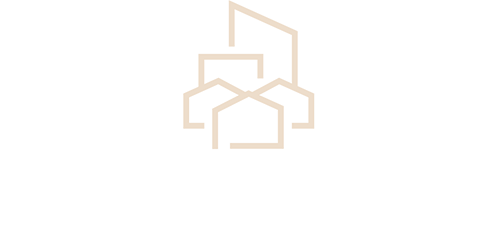- new-user
- Uncategorized
- Mar 27, 2025
Managing Delinquent Assessments: How Florida Associations Can Stay Proactive and Protected
For many Florida community associations, delinquent assessments present a serious challenge. When owners fail to pay their dues, the impact extends beyond individual accounts—it affects the entire community’s ability to fund essential services, maintain common areas, and build healthy reserves.
To protect financial stability, boards must understand their rights, responsibilities, and legal options when addressing unpaid assessments.
The Board’s Rights & Responsibilities in Collections
Florida law empowers associations to collect assessments—but this authority comes with important legal obligations. Boards must follow specific procedures when notifying owners, applying fees, and pursuing enforcement. Failure to comply can lead to delays, disputes, or even unenforceable actions.
A strong collections policy should be:
- Consistent – Applied fairly and uniformly across all accounts
- Transparent – Clearly outlined in governing documents and shared with residents
- Legally Compliant – In full alignment with Florida’s HOA and condominium statutes


Why Addressing Delinquency Is Critical
Community associations are non-profit entities. Their budgets depend on timely payments from all owners. Unpaid assessments create cash flow gaps that affect everyone. Common consequences include:
- Increased or special assessments for paying members
- Delayed maintenance and declining property values
- Underfunded reserves and long-term financial risk
Acting quickly and consistently isn’t about punishment—it’s about fairness, stability, and fulfilling your fiduciary duty to the community.
How Long Should an Association Wait Before Taking Action?
Florida law doesn’t require a specific timeline to begin collections. However, delaying too long can weaken your position or establish the wrong precedent. Many associations follow a general framework:
- Courtesy Notice (0–30 days late) – A friendly reminder
- Notice of Late Assessment (30–60 days late) – A 30-day notice before escalation
- Legal Action (60–90 days late) – Referred to legal counsel for lien and foreclosure
Your governing documents may outline additional requirements, so it’s essential to review them with legal counsel before finalizing your collections policy.
Charging Late Fees & Interest: What’s Allowed?
Florida law permits associations to charge late fees and interest, provided the governing documents support it. The statutory limits are:
- Late Fees – Up to $25 or 5% of the past-due amount (whichever is greater)
- Interest – Up to 18% annually, unless your documents specify a lower rate
All fees must be clearly disclosed and applied consistently to avoid legal challenges.
How The Neighborhood Law Group Helps Communities with Collections
At The Neighborhood Law Group, we understand that every community has unique needs. Our collections process is designed to be efficient, compliant, and community-focused.
Here’s how we support our clients:
- Proactive Communication – We help boards send clear, legally sound notices
- Structured Payment Plans – When appropriate, we help recover funds without litigation
- Lien & Foreclosure Services – We act decisively to protect your association’s interests
- Ongoing Legal Guidance – We train and advise boards to ensure fair, confident enforcement
Partner With a Firm That Understands Community Needs
Collections don’t have to be contentious. With the right legal partner, your board can address delinquencies efficiently and compassionately—ensuring the entire community thrives.
Contact The Neighborhood Law Group today
To learn how we can help your association maintain financial stability through a tailored, legally compliant collections strategy.





